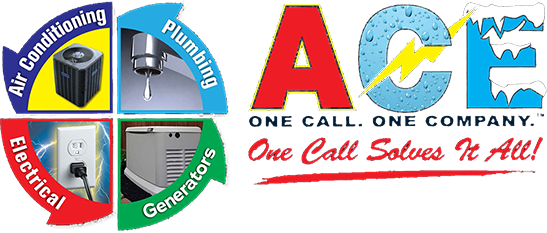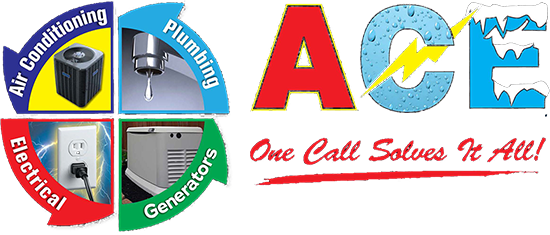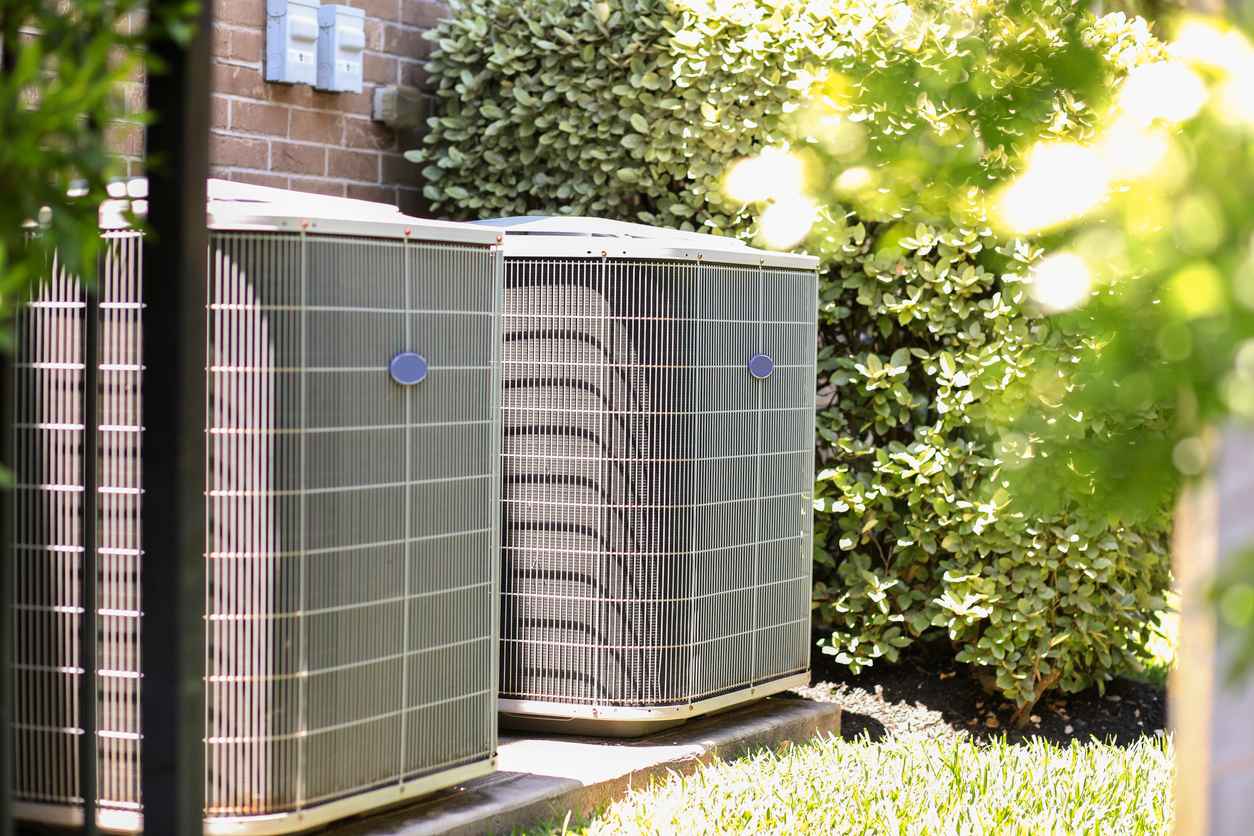The longevity of your heating, ventilation, and air conditioning (HVAC) system is a crucial factor that homeowners often grapple with. How long can you expect your HVAC system to endure the seasonal demands, and when is it time to consider an upgrade? Your HVAC system works tirelessly to regulate temperature, ensure indoor air quality, and keep us cozy year-round. Yet, despite their indispensable role, many homeowners find themselves pondering a pivotal question: How long do HVAC systems last?
Ace Solves It All will be diving into the world of HVAC systems and uncovering the exact number of years you can expect these vital systems to last. Whether you’re a homeowner or a renter, understanding the lifespan of your HVAC system is crucial for keeping your living space comfortable and energy-efficient.
WHAT IS THE AVERAGE LIFESPAN OF AN HVAC SYSTEM?
The average lifespan of an HVAC (Heating, Ventilation, and Air Conditioning) system can vary based on factors such as maintenance, usage, and the type of system. However, as a general guideline:
- Furnaces: On average, a gas furnace can last anywhere from 15 to 30 years, while an electric furnace may have a slightly shorter lifespan of 20 to 30 years.
- Air Conditioners: The typical lifespan of a central air conditioning unit ranges from 15 to 20 years. Regular maintenance and proper care can contribute to the upper end of this range.
- Heat Pumps: Heat pumps, which provide both heating and cooling, generally have a lifespan of around 15 years. Again, regular maintenance is essential for optimal performance.
- Boilers: Gas boilers often have a lifespan of 15 to 30 years, while oil boilers may last between 15 to 30 years. Regular maintenance and the quality of the installation play significant roles in their longevity.
HOW TO EXTEND THE LIFESPAN OF YOUR HVAC SYSTEM
Extending the lifespan of your HVAC system involves a combination of regular maintenance, proper usage habits, and addressing issues promptly. Here are some tips to help you maximize the lifespan of your heating, ventilation, and air conditioning system:
REGULAR MAINTENANCE
Arrange for professional HVAC inspections at least once a year, ideally before the heating and cooling seasons. This helps identify and address potential issues early. Regularly change or clean air filters every 1-3 months, depending on the type of filter and usage. This improves system efficiency and air quality. Ensure that your ductwork is properly sealed and insulated. Leaks and poor insulation can lead to energy loss and strain on the system.
OPTIMAL USAGE
Use a programmable thermostat to regulate temperatures efficiently, adjusting settings based on your daily routine. Avoid frequent drastic temperature changes. Gradual adjustments are less taxing on the system. Keep vents and registers free from obstructions to allow for proper airflow.
ADDRESS ISSUES PROMPTLY
Attend to any strange noises promptly. Banging, clanking, or squealing sounds may indicate underlying issues that require professional attention. Address water or refrigerant leaks immediately to prevent damage to the HVAC system and your property. If you notice inconsistent temperature distribution, consult a technician to diagnose and resolve the problem promptly.
PROFESSIONAL CHECK-UPS
Invest in regular professional maintenance to keep your system in top condition. Technicians can detect and address issues early, optimizing performance.
HVAC SERVICES IN CENTRAL FLORIDA
Ace Solves It All stands as your dedicated partner for all things heating, ventilation, and air conditioning in Central Florida. Our commitment goes beyond mere service – it’s about ensuring your comfort, longevity of your HVAC system, and peace of mind. Contact us today to learn more about our HVAC services.


